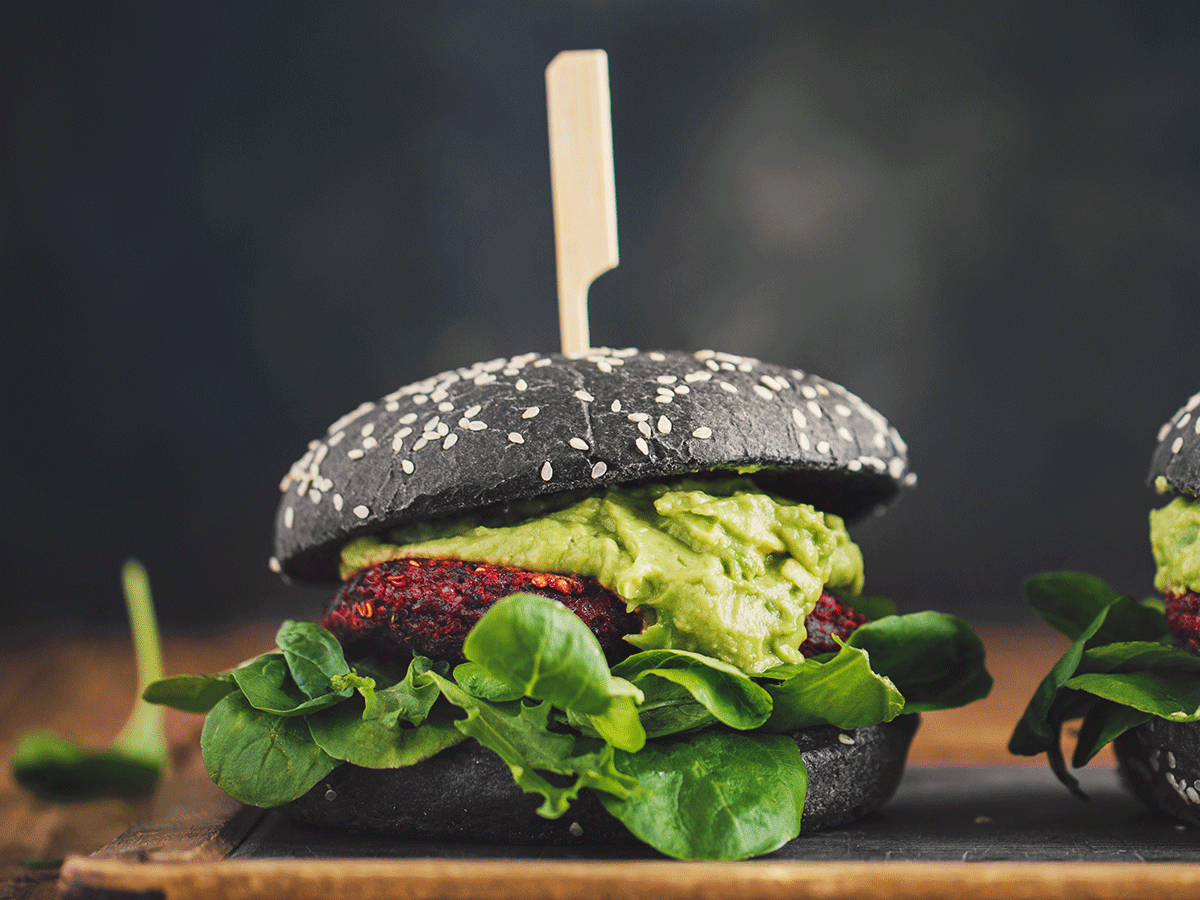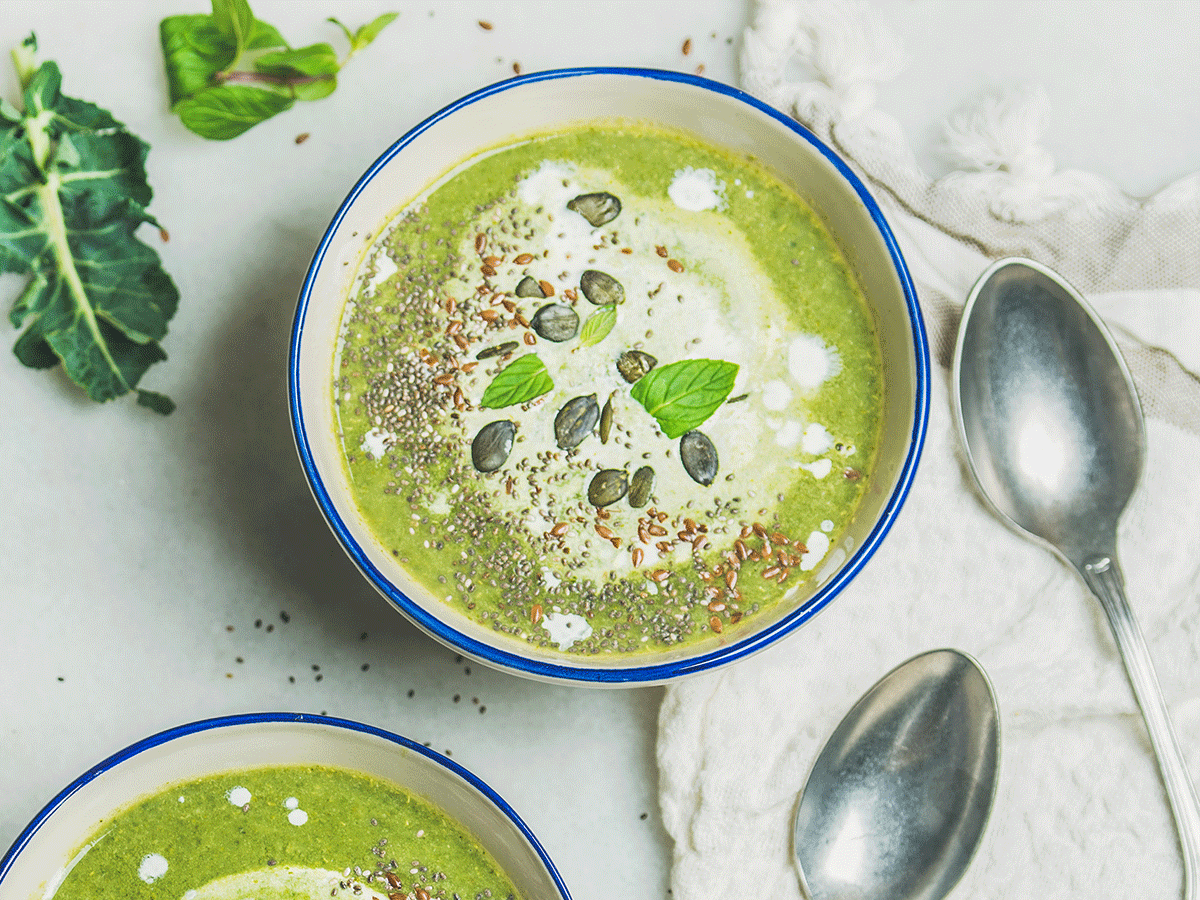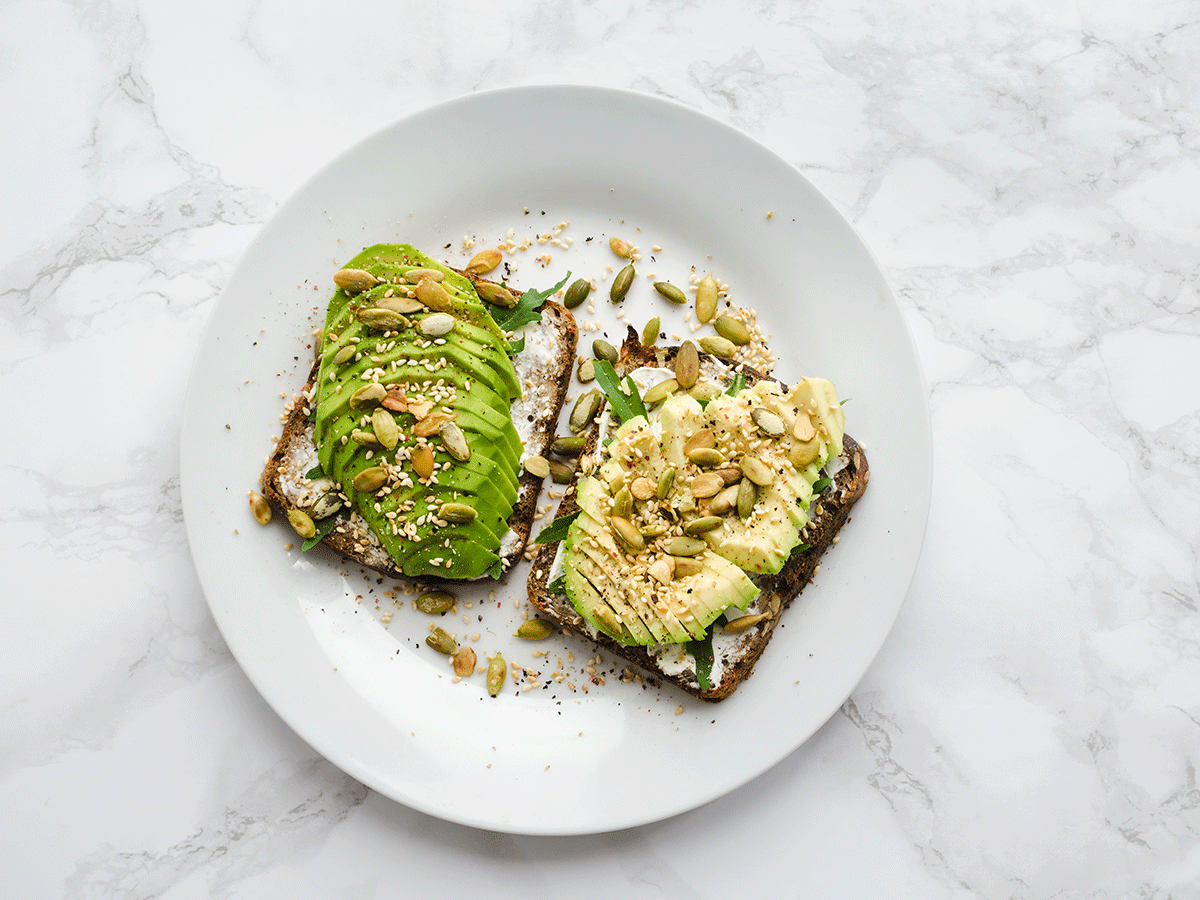
Clean Eating Disorders
Healthy eating habits can improve your overall health and wellbeing, give you more energy, and even boost your mood. But, when does healthy eating become obsessive and potentially an eating disorder?
It’s important to note that “we all benefit from adding more nutrient-dense, plant-based foods like fresh produce, nuts, seeds, and legumes to our meals,” says Rachel Fine, RD, a registered dietitian and owner of the nutrition counseling firm To The Pointe Nutrition in Roslyn, New York. “But it’s important to make room for the enjoyment of all foods, even those society labels as ‘indulgent’ or ‘processed.'”
Thanks to a “diet and image-obsessed culture,” Amanda Fialk, PhD, LCSW, LICSW, partner and chief of clinical services at The Dorm holistic health treatment center in New York City say eating “too clean” can be a problem. Research backs her up: In a 2017 review in the journal Federal Practitioner, an estimated seven percent of people suffer from orthorexia, which is defined by the National Eating Disorders Association (NEDA) as a fixation on “healthy eating” that goes so far as to negatively impact well-being. Compare that to the lifetime diagnosis rates for other eating disorders, per the National Association of Anorexia Nervosa and Associated Disorders:
-
1 percent for anorexia
-
1.5 percent for bulimia
-
2.8 percent for binge eating disorder
“While diet and rigid food rules are often disguised under the umbrella of ‘wellness,’ so many people remain prisoners of their obsessions and rules around food. If this sounds familiar, know you are not alone,” Fialk says.
Here are some things health experts want you to know about clean eating and why it can lead to eating disorders or other health risks.

Clean eating, defined
What exactly is clean eating? While definitions can vary, clean eating is a focus on consuming more whole foods and limiting highly-processed snacks, sweets, and other packaged items, according to a 2018 study in the journal Nutrients.
“Many specific meal plans, cleanses, and rigid food rules define themselves as ‘clean eating’ approaches, but sometimes these plans are more indicative of struggles with eating than a truly wholesome philosophy,” Fialk says.

When clean eating crosses the line
So how do you know when healthy eating isn’t, well, all that healthy? It will likely be difficult to identify, simply because clean eating is a socially acceptable way of restricting one’s food intake, Fine explains.
“If dietary restrictions—with the exception of medically-diagnosed restrictions such as food allergies—infiltrates a person’s ability to partake in social interactions around food, then it’s time to reassess,” Fine says.
Say you are invited to a party. One person may make an effort to eat plant-based foods and try most of the dishes they like. They may or may not savour a slice of cake, but they don’t worry too much about it. Conversely, an individual with orthorexia may spend hours worrying about what food might be served, and avoid meals completely if not presented with a choice that they have deemed “healthy.” In fact, he or she might insist on bringing their own dishes to the gathering.
“Orthorexia is characterized by a pathological obsession and rigidity with the quality of food and rules pertaining to food,” Fialk explains. “While turning down cake at a dinner party and packing a salad for lunch may indicate a commitment to healthy eating, if the sight of cake causes anxiety or panic or an obsessive commitment to eating salad every day causes someone to turn down going out to social meals with friends, this may be indicative of a dysfunctional relationship with food.”

The risks of clean eating
“Studies have shown that orthorexia nervosa is associated with problematic health issues. As with other eating disorders, the rigidity around food and food behaviors can increase risk for malnutrition and nutritional deficits,” Fialk says. “Orthorexia can also be associated with weight loss and other health issues such as cardiac and gastrointestinal complications.”
The social and psychological effects can be overwhelming, too: “A big warning sign of orthorexia is overwhelming thoughts about food and meal planning. When these thoughts are consuming the day, it can take time away from other important experiences,” Fine says.
Depending on the severity of obsession and rigidity, people with orthorexia may limit social engagements and may experience feelings of guilt, self-loathing and shame, compromising relationships, work, and/or school, Fialk adds.
Here are the signs you’re suffering from orthorexia or disordered eating.

Signs and symptoms of orthorexia
While orthorexia is not formally recognized in the Diagnostic and Statistical Manual of Mental Disorders (DSM)—essentially the encyclopedia of mental health challenges—awareness of orthorexia and its detrimental effects is currently on the rise, Fialk says.
“A person with orthorexia is unable to enjoy food for its experience, tastes, or flavours. They only focus on eating foods that are ‘pure.’ The sole purpose of eating is only for the nutritional benefit that a food can have on one’s health,” Fine says. “On the surface, orthorexics appear to be motivated by health, but their behaviours will often be extreme. Even the sight of a doughnut or ice cream—among any other numbers of foods—could trigger extreme anxiety or panic. “
These are the most common warning signs of orthorexia, according to NEDA:
-
Obsessive investigation of ingredients and nutrition content
-
Only eating within few “pure” food groups
-
Elimination of an increasing number of food groups, such as carbs, dairy, or meat
-
Obsessing over what items will be shared at events or restaurants
-
Increased and substantial interest in the nutrition of what other diners are consuming
-
Overwhelming focus on “healthy” Instagram accounts, blogs, or magazines
Learn about one woman’s struggle with orthorexia.

Treatment for orthorexia
As with all eating disorders—which are associated with a higher risk for suicide and other medical complications, according to the National Institutes of Mental Health—seeking treatment early is associated with better outcomes.
“While there is no official treatment designed specifically for orthorexia, the condition can often be treated similarly to anorexia, avoidant/restrictive intake disorder (ARFID), or obsessive-compulsive disorder,” Fialk says. “We treat orthorexia with a highly holistic and individualized approach, which generally includes group and individual psychotherapy, coaching, family therapy, and nutrition.”
Since exposure to new foods can be highly anxiety-provoking, dialectical behavioural therapy (DBT), which includes coaching and practising of behavioural, cognitive, and meditative skills, is a vital part of treatment for orthorexia at The Dorm, Fialk adds.
“The primary goal should be to feel good in your body, and to feel empowered to make decisions that promote balance, health, and wellness. Regular appointments with all members of the treatment team allow clients to stabilize medically, to work through their psychological fears around food, to integrate healthy beliefs and feelings around food and their body, and to develop and master coping skills to utilize when triggered,” Fialk says.

A happier, healthier way to eat
Overall, intuitive eating is the goal of treatment for orthorexia.
“This is a mindful nutritional philosophy and a journey of discovery around health and food that has nothing to do with diets or meal plans. Intuitive eating teaches a person to get in touch with his or her body through cues like hunger and fullness, and allows him or her to make choices around food that feel good, without judgment and without influence from diet culture,” Fialk says.
To steer clear of any of the potential hazards of clean eating strategies, Fine suggests an inclusive approach to designing your menu.
“Instead of rules, make choices based around personal positive experiences with food. Once we grant ourselves unconditional permission to eat our favourite foods, we relieve the weight of responsibility that these foods hold over us. The long-term result is being able to enjoy these foods without falling into a cycle of restrictive eating and binge eating.”
“You deserve to have an intuitive and compassionate relationship with food and a positive and loving self image. Freedom from the rules, obsessions, and anxiety is possible,” Fialk says.
If you or a loved one is struggling with obsessive thoughts around food or your body, contact the National Eating Disorder Information Centre.
Medically reviewed by Ashley Matskevich, MD.
Next, learn how to help a loved one with an eating disorder.
